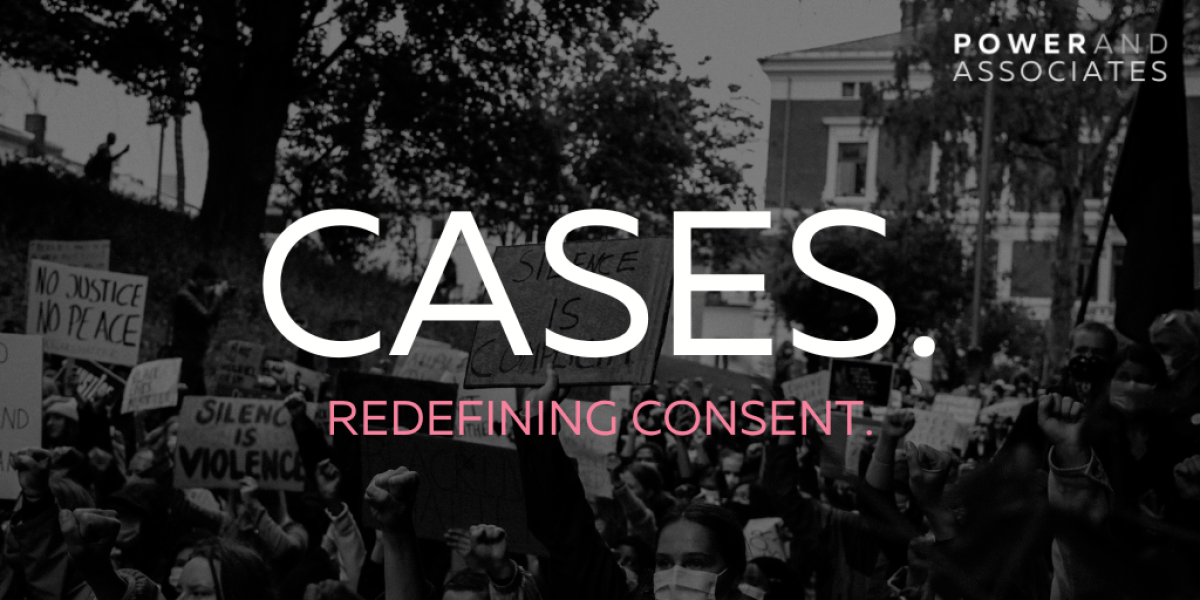SCA awards constitutional damages for destruction of property by police
Ngomane and Others v City of Johannesburg Metropolitan Municipality and Others, Case No. 734/2017
Court: Supreme Court of Appeal of South Africa
Date of judgment: 3 April 2019
*****
Background
The applicants were a group of homeless people, who typically erected and dismantled their makeshift shelters on a daily basis. On the day in question, they had left their property on a traffic island under a bridge in Johannesburg, where the majority of them had lived for over two years. The Johannesburg Metropolitan Police Department (JMPD), as part of a public health law clean-up program, but without the authorisation of a court order, removed and destroyed the materials used to erect the temporary shelters, which included wooden pallets, plastic sheeting and cardboard boxes, as well as the applicants’ personal effects including food, mattresses, blankets, clothing, money and identity documents.
Before the Gauteng Local Division of the High Court, Johannesburg (High Court)
Before the High Court, the applicants submitted that the respondents’ had evicted them from their homes, breaching their rights not to have their homes demolished without an order of court, not to be deprived of their property unlawfully, and their rights to dignity and adequate shelter. The applicants sought an order directing the respondents to return their property and shelter material; alternatively that they be provided with similar materials and possessions.
The respondents submitted that the applicants’ property had been removed during a clean-up operation pursuant to city by-laws, which deals with complaints about the informal occupation of pavements. According to the respondents, the officials had not destroyed shelters, but had merely removed unattended rubbish.
The High Court accepted the respondents’ argument and dismissed the application, finding that a traffic island, as a public thoroughfare, could not be equated with a “home” or “land” as envisaged for protection by the Constitution of the Republic of South Africa, 1996 or the Prevention of Illegal Eviction and Unlawful Occupation of Land Act 19 of 1998. The High Court also noted that the act of dismantling and erecting a shelter on a daily basis prevented the activity from constituting “occupation”. Accordingly, the High Court concluded that it could not establish that an eviction had taken place, though it noted that the conduct of the JPMD was “a cynical and mean spirited act deserving of censure.”
The High Court dismissed the possibility of a spoliation order, which allows individuals to reclaim property that has been unlawfully dispossessed, on the basis that a spoliation order cannot be granted if the property no longer exists. Further, the High Court dismissed that alternative materials be provided, on the basis that the mandament van spolie principle does not entitle dispossessed applicants to vindicate lost property through substitution. The High Court held that this was not a denial of the right to relief as nothing would preclude the victims from pursuing a damages claim.
Before the SCA
The SCA noted that not even the most generous interpretation of “shelter” or “structure” could bring it to determine that the confiscated materials constituted a “home”, or that the actions of the respondents constituted eviction. According to the SCA, there was no occupation in the first place, and there was nothing to demolish or from which to evict a person. As such, the SCA accepted that no eviction had occurred and that the JMPD had merely removed a pile of abandoned building materials.
However, the SCA found that the confiscation and destruction of the applicants’ property was unconstitutional and unlawful, and constituted an arbitrary deprivation of property. This, according to the SCA, violated the constitutional rights to property, dignity and privacy, which includes the right not to have one’s possessions seized. Whilst agreeing that the applicants could not invoke the mandament van spolie, the SCA disagreed that the applicants should be left to pursue a damages claim. In this regard, the SCA stated that:
In light of these facts, I do not think that the applicants should be left to pursue the ordinary remedy in the form of a damages claim as suggested by the court a quo. They lamented the practical difficulties posed by this route, which were acknowledged by the court itself. Instituting a damages claim would involve them in costly and time-consuming civil litigation in respect of property, which although valuable to them, is otherwise mostly of trifling commercial value. The undisputed evidence is that many of the applicants daily search for work and collect recyclable materials, which they sell in order to survive. They would be hindered in this if they were required to attend court proceedings. They have no money for transport to attend court. And for the very reason that it would not be possible for them to prove the market value of the property destroyed in the conventional way, an action for damages is not an appropriate remedy. Such an action is likely to fail or result in a nominal award of damages.
Accordingly, the SCA concluded that the applicants should have been granted a constitutional remedy to ensure the protection of their constitutional rights. Citing previous jurisprudence, the SCA highlighted that in such circumstances “courts may even have to fashion or forge new remedies to secure the protection and enforcement of these all-important rights.” The SCA therefore ordered the respondents to pay compensation to each applicant in the amount of R1 500, stating that:
The amount of R 1 500 for each applicant, R 40 500, is not a large sum of money. But, in my view, it constitutes appropriate relief in the specific circumstances of this case. It will vindicate the Constitution and protect the applicants and others similarly situated against violations of their rights to dignity and property … This is particularly so, given the applicants’ willingness to accept this amount as redress for the wrong they have suffered; the declaratory order and costs award issued below; and the order by the court a quo in relation to the removal by the City of property of homeless people from public places (which hopefully in future will have the desired effect and prevent a recurrence of conduct of the kind in question).
Order of the SCA
In the result, the SCA made the following order:
- The application for leave to appeal and condonation for its late filing is granted.
- The appeal is upheld with costs including the costs of two counsel.
- Paragraph 1 of the order of the court a quo is set aside and replaced with the following:
“(a) it is declared that destruction of the applicants’ property, listed in the applicants’ schedule of reported losses annexed to the founding affidavit, by the first respondent on 1 February 2017, was unconstitutional and unlawful.
(b) The first respondent shall pay each applicant the sum of R1 500 as compensation for the destruction of his or her property on 1 February 2017, within 30 calendar days of the date of this order.
(c) The respondents shall pay the costs of the application, jointly and severally, the one paying the other to be absolved.”
The full judgment is accessible here.
Please note: The information contained in this note is for general guidance on matters of interest, and does not constitute legal advice. Power Singh Inc. was not involved in this matter. For any enquiries, please contact us at [email protected].





